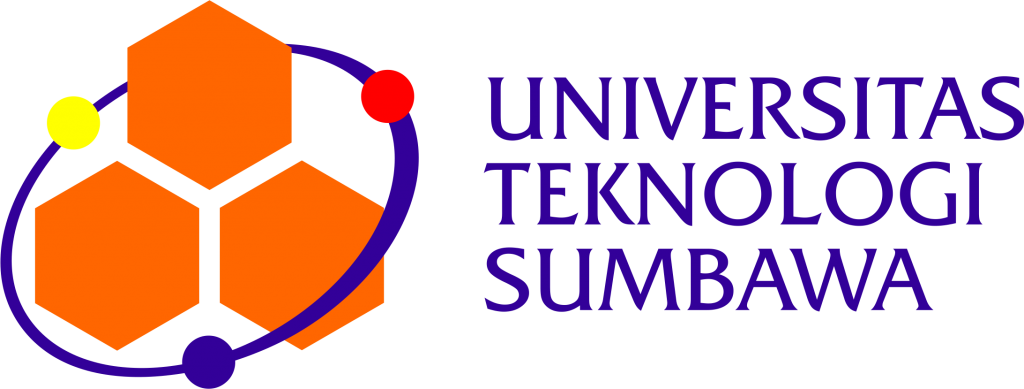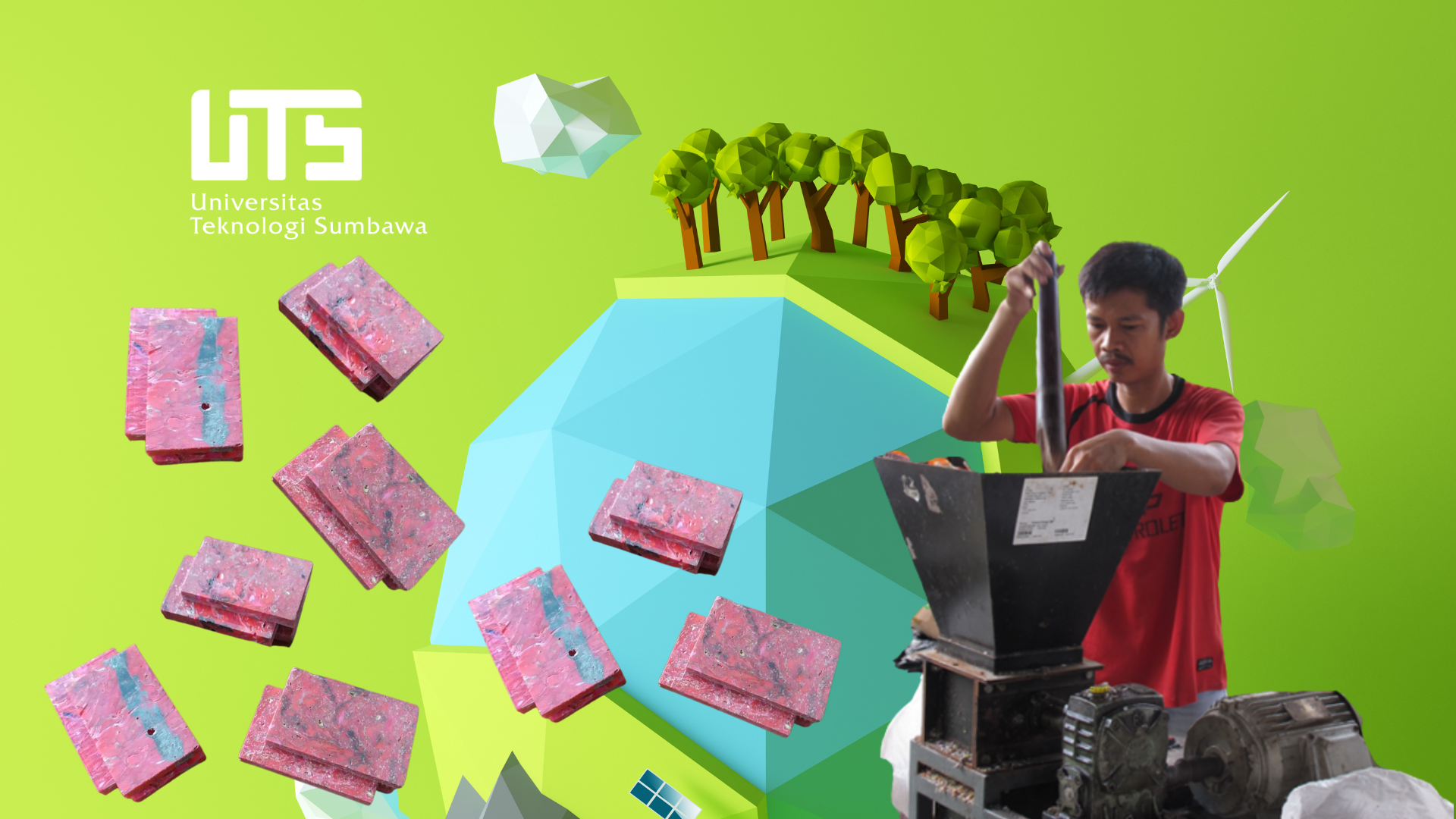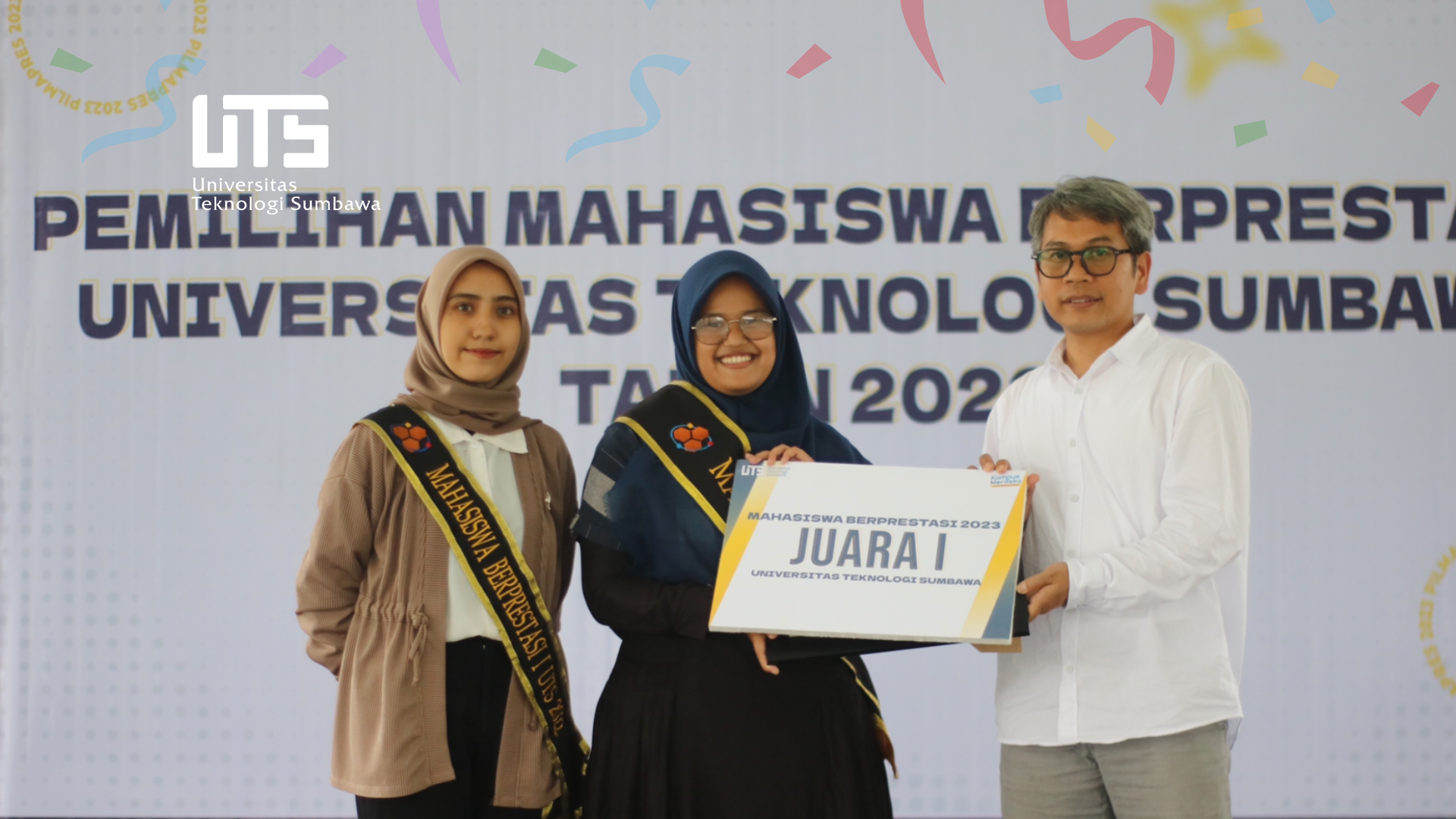The Sumbawa University of Technology is committed to environmental issues, and one of the ways they are demonstrating this commitment is through the creation of eco-bricks made from recycled waste materials. These eco-bricks are made using corn as the binding agent, and they are being used to build structures that are environmentally friendly.
The development of plastic bricks by UTS researchers in Sumbawa is a great example of how research and innovation can be used to address environmental issues and promote sustainability. By taking into consideration the local dynamics, the researchers were able to develop a solution that is both environmentally friendly and economically valuable. This initiative can also serve as a model for other communities facing similar environmental challenges.
What are Eco Bricks?
Eco bricks are a type of building material that are made from recycled waste materials. They are typically made using plastics and other non-biodegradable materials that would otherwise end up in landfills or in the ocean. By using these materials to create eco-bricks, we are not only reducing the amount of waste that ends up in landfills and oceans, but we are also creating a sustainable building material that can be used for a variety of construction projects.
How are Eco Bricks Made?
Eco bricks are made by taking plastic waste materials, such as plastic bags, bottles, and other non-biodegradable items, and packing them tightly into a bottle or other container. The container is then filled with a binding agent, which is typically a mixture of sand, cement, or other materials. In the case of the Sumbawa University of Technology, they are using corn as the binding agent. The corn is mixed with water to create a paste-like substance, which is then poured into the container and left to dry. Once the mixture has dried, the container is removed, and the eco brick is ready to use.
The Benefits of Eco Bricks
The use of plastic bricks has many benefits, including reducing the amount of plastic waste that ends up in landfills and oceans. This not only helps to protect the environment but also improves the quality of the soil and groundwater. Additionally, plastic bricks are a more cost-effective and sustainable building material than traditional bricks. The use of corn cobs waste as a binding agent also provides economic benefits for the local community by utilizing a waste product that would otherwise be discarded.
Eco-bricks can be used in construction projects. First and foremost, they are made from recycled waste materials, which means they are helping to reduce the amount of waste that ends up in landfills and oceans. Additionally, eco bricks are a sustainable building material that can be used for a variety of construction projects, from small structures like garden walls to larger projects like homes and schools.
It is important to note that the use of plastic bricks alone cannot solve the plastic waste problem. It is crucial to reduce the use of single-use plastic and promote recycling to reduce the amount of plastic waste produced. However, the development of plastic bricks is a step in the right direction toward a more sustainable future.
The creation of eco-bricks is just one of the many ways that the Sumbawa University of Technology is demonstrating its commitment to environmental issues.







